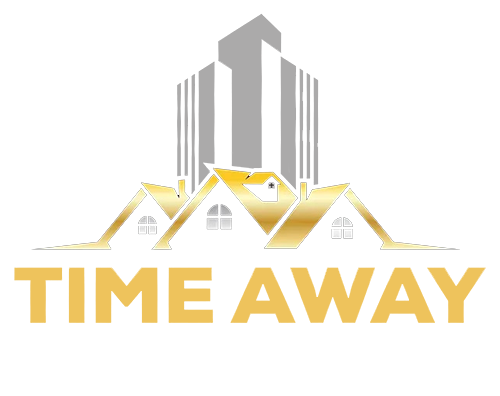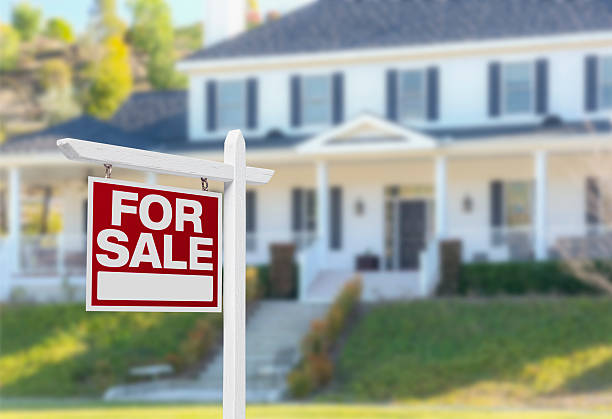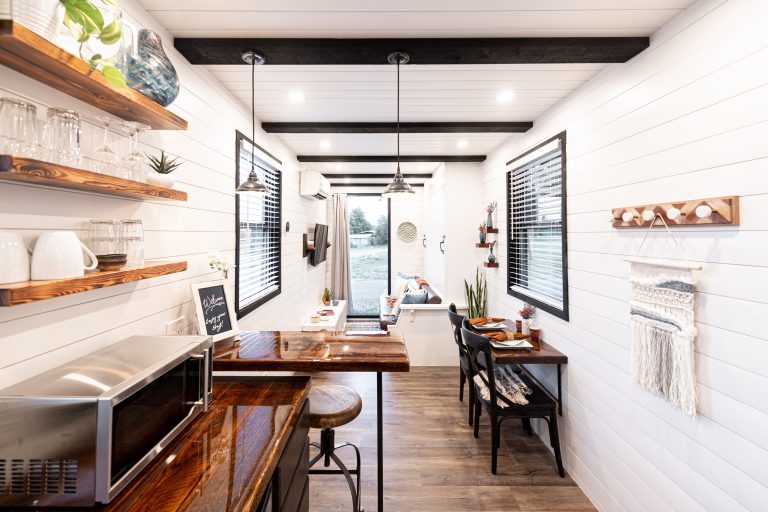The Insurance Issue
The insurance industry is one of the most profitable on earth. In its simplest form, insurance should be a straightforward transaction where one side pays in advance for the peace of mind of knowing that a future event (loss) will get paid. However, much like other monopolistic areas of life and business, it is rarely that straightforward. Shopping for insurance is much more complex than comparing the prices on a grocery store shelf or shopping for cell phone plans. Hell, there’s a reason a significant level of licensing and oversight is required to even work in the insurance industry.
What’s the main issue with insurance? Well, I’m sure the answer to that question will depend on a person’s personal circumstances and experiences. After all, there are so many kinds of insurance at play: life, auto, health, homeowners, and the list goes on. Since this is a real estate blog, we will primarily focus on homeowner’s insurance, but the overall industry mechanics should first be understood and called out for their often archaic practices before niching down into the concerns of homeowners.
Have you ever read your insurance policy from front to back? I don’t care what kind of insurance we are talking about, hardly anybody I have ever encountered, with the exception of insurance agents who are dissecting policies to find ways of making theirs seem better than what you already own, has taken the time to read the entire policy. Those who have tried usually wind up with more questions than answers and go back to quietly making their payments in the hopes they never need to make a claim. Sadly, the top criteria most people look at when shopping for insurance is price, and understandably so when realizing just how complicated the policies are to understand.
It is also important to distinguish that there are certain types of insurance that are voluntary and others where you have no choice, rules that can vary from state to state. On the “always optional” side are life, health, and disability insurance. Apologies if I missed something, but it is the principle that’s important. On the “sometimes optional” side are automobile and homeowner’s insurance. In certain states, most notably New Hampshire, where the motto is “Live Free or Die,” auto insurance is optional. In any state, if you own a property free and clear (meaning you do not have a mortgage of any kind), homeowner’s insurance is optional as well. It is kind of crazy to think some people opt for no insurance considering real estate is generally one of the most valuable assets a person can own, right?
I used to think the exact same way. That all changed when certain events arose, leading to the need for an insurance claim. First, one of the worst storms in recent memory blew through town. In the process, the deluge of rainwater overflowed a roof drain on one of our buildings, causing the water to collapse a section of the roof. As if this was not already an expensive enough repair, the roof collapsed into a tenant’s apartment. Most of their belongings were destroyed and the apartment was going to be uninhabitable for a week at least. Sounds like a straightforward insurance claim, right? As someone who once held a P&C insurance license, I sure thought so. But nope, the insurance company determined that we were negligent in not making sure the roof drains could handle an amount of water no one could have imagined possible. When all was said and done, we paid over 30k of our money for damage remediation and the temporary lodging for the tenant.
A few months later, we had to evict a tenant in the same building. When the Marshall came to serve the order, he was appalled by the findings. The front door would barely open due to the clutter stacked from floor to ceiling. The odor of cat in all its glory hit him in the face like a right hook from Mike Tyson, and he immediately called the local police department and animal control for backup as he was unsure if someone was hiding amongst the filth and debris. To spare the grizzly details, we will just say that animal control removed over a dozen cats, and the unit had to be gutted to the studs, fumigated multiple times, and then rebuilt. The price tag was close to 30k again, so we put a vandalism claim in.
Lo and behold, this claim was also denied because the insurer claimed there were no obvious signs of vandalism. Apparently, allowing your pets to destroy a unit by locking them inside without food or water is considered negligence and not vandalism. So, now we have over 60k of our money spent in one year on items that insurance by all rights should have paid for. Our insurance premium for that building is 5k per year – money that could have gone toward the repairs instead of putting our total outlay at over 65k. But wait, we are not done yet!
A tenant in another building complained about a potential mold issue in her apartment, but nothing was apparent to the naked eye. We opened up a small patch of sheetrock in the kitchen and discovered a severe case of black mold that wound up encompassing most of the kitchen. The root cause appeared to be a leaky window the tenant ignored long enough for it to become a substantial issue, so we placed a claim for water damage. The bill to gut the entire kitchen and perform mold remediation would be approximately 20k, and our policy supposedly covered water damage. The only problem is that the insurer did not consider mold a covered event under water damage. In other words, they would have paid for flooding but not the long-term effects of the water damage.
Between all our properties, our annual premiums are easily 50k. Not once have we had a claim approved. Read that again. Not once. We have mortgages on every property, meaning we cannot cancel the insurance as much as we might want to. But for anyone who does not have a mortgage, consider two other options. First, read your policy with a magnifying glass and opt for the higher premium option, where hopefully more covered events will be honored. Second, cancel your insurance altogether and self-insure. Simply set up a separate bank account and pay yourself whatever the insurance premium would have been. After a few years, you will likely have enough saved to cover any losses without requiring approval from anyone.
I am sure many are thinking neither of those options sounds ideal, and they would be right. A better option would be if the insurance industry was more transparent and competitive. Unfortunately, we are moving in a completely different direction. Despite finding a way to deny almost every claim presented, insurers argue homeowner’s insurance is not a profitable line of business anymore with many exiting the business entirely or making outrageous requests for owners to complete costly upgrades and repairs. The companies who do still offer the coverage have no reason to be fair or competitive, knowing the consumer has little to no option other than accept whatever terms and prices they offer, or running the risk of dropping insurance altogether.
Something tells me this is not what free market capitalism is supposed to look like, but what do I know?







